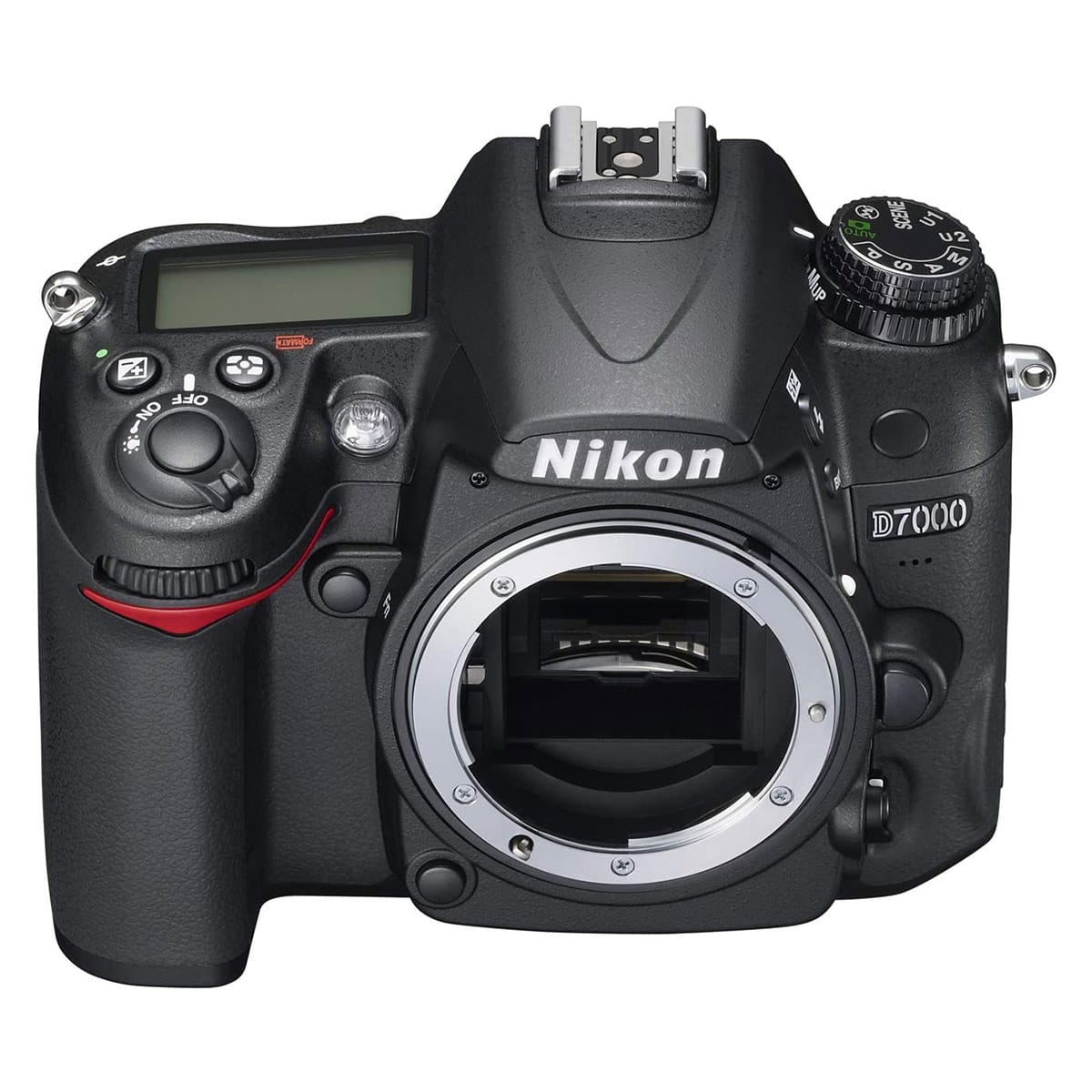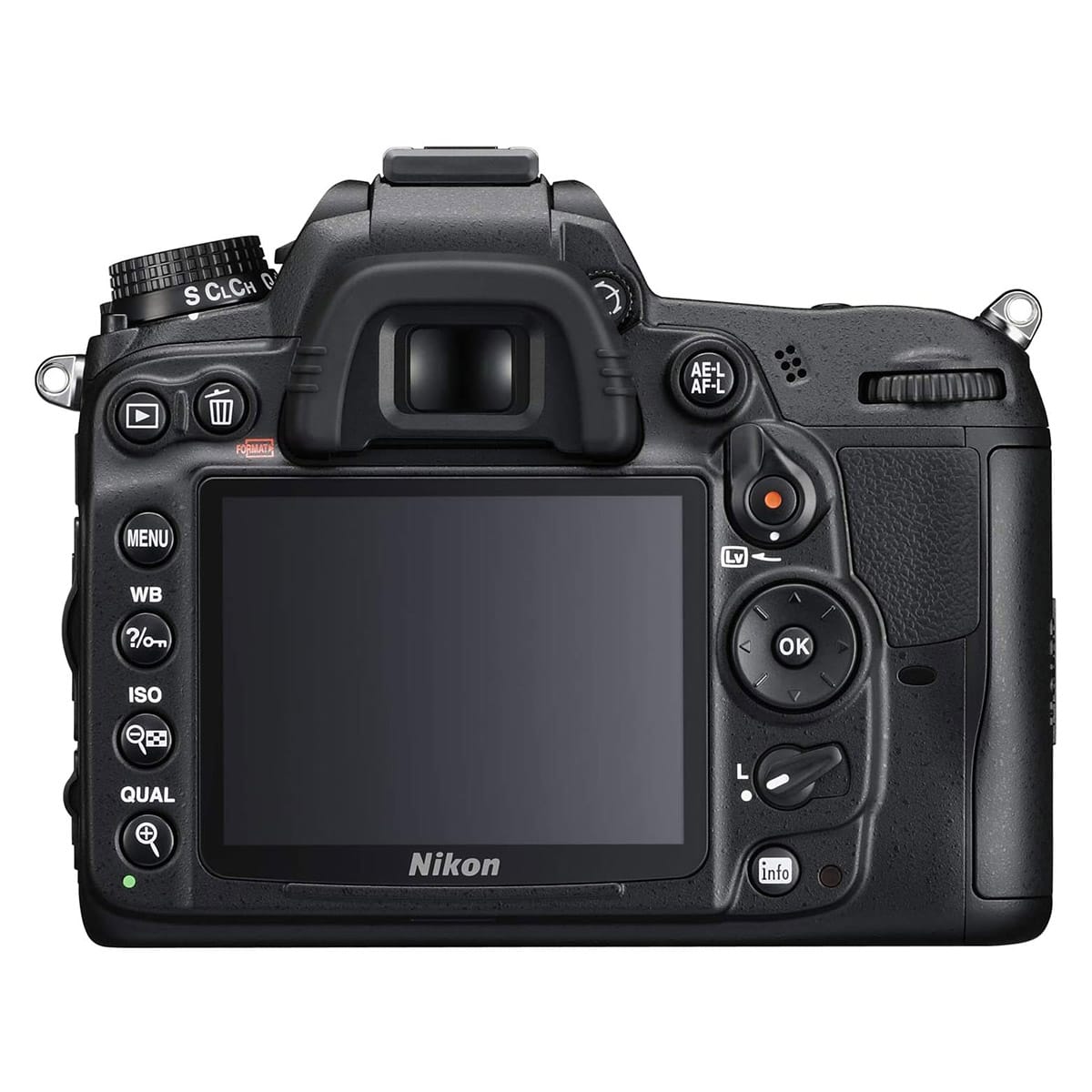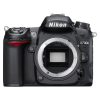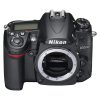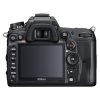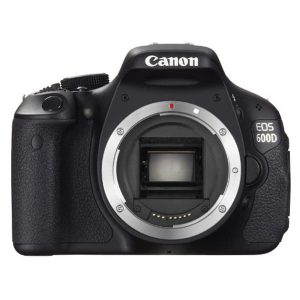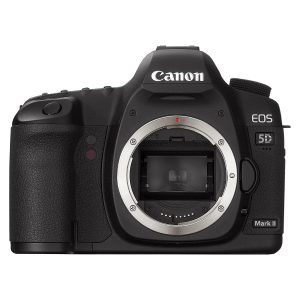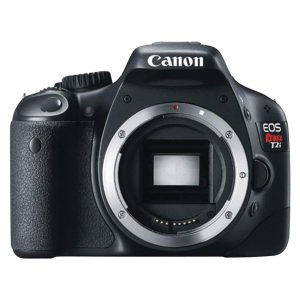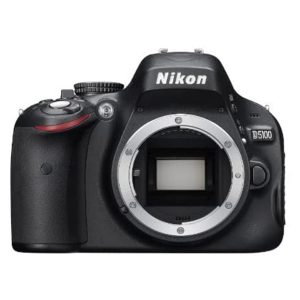Although ergonomically, the D7000 is a very close match for the D90, its overall ‘feel’ is considerably more serious, thanks to a magnesium alloy body shell and slightly thicker rubber coating on the hand grip and rear of the camera. At 16.2MP the D7000 offers the second highest resolution of any Nikon DSLR, behind only the 24Mp D3X. All of these pixels are packed onto a newly developed CMOS sensor, which offers a ‘standard’ ISO span of 100-6400, expandable up to the equivalent of ISO 25,600. The new camera boasts a 39-point AF array with 9 cross-type AF points and works in collaboration with a new 2016-pixel RGB metering sensor to allow 3D AF tracking.
Other changes include the same combined live view/movie switch control as the 3100, and a significantly upgraded movie specification, up to ‘full HD’ – 1920×1080 resolution at 24fps. The Nikon D7000 produces high quality output in almost any shooting situation. Default JPEGs are clean of artifacts and with natural colors and tonality. At a pixel level low ISO images are very slightly soft but still show very good detail which can be further increased by shooting in RAW. There is one negative though: in bright, high-contrast conditions the camera has a tendency to overexpose – unfortunately by quite a large degree.

